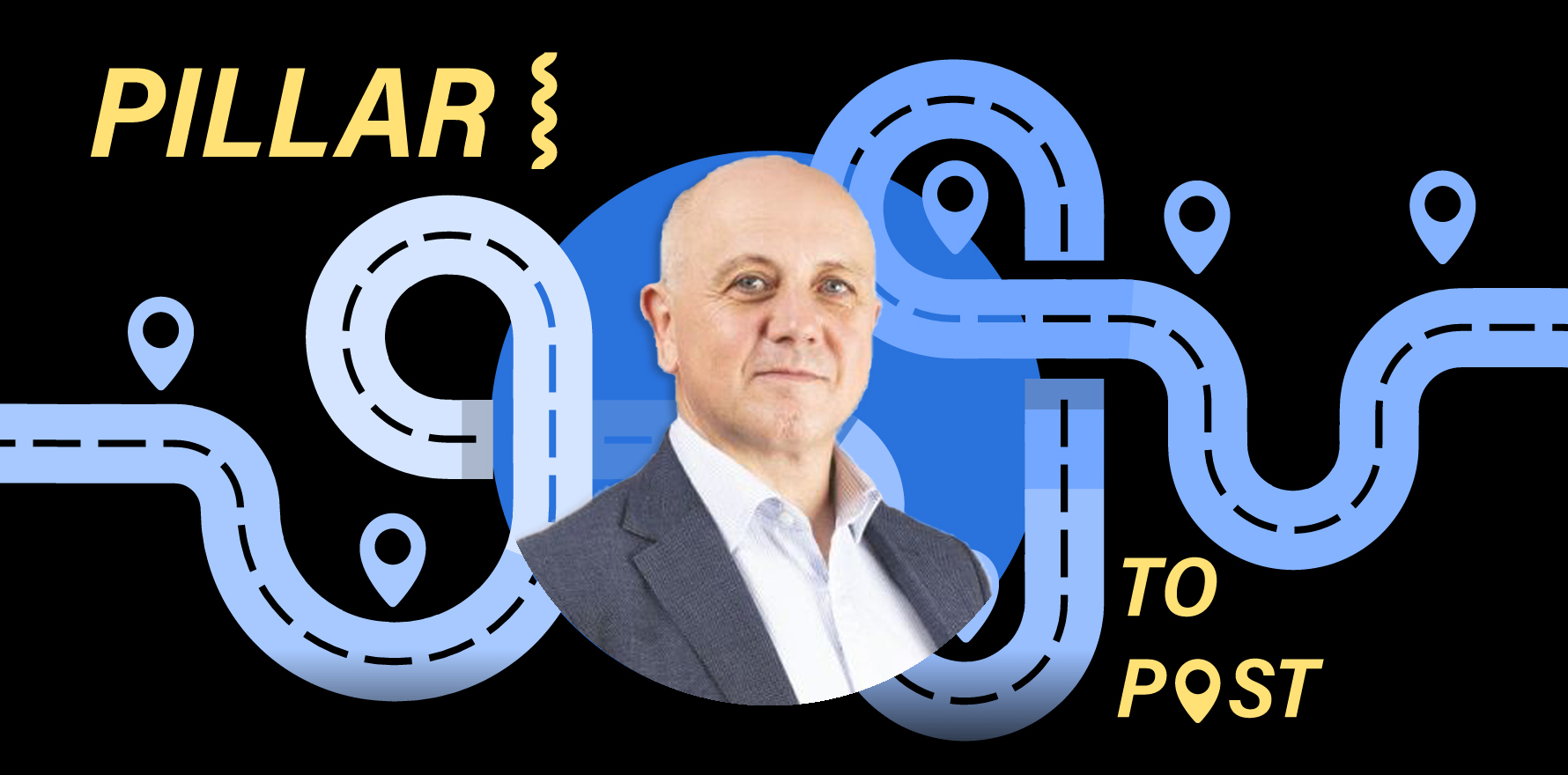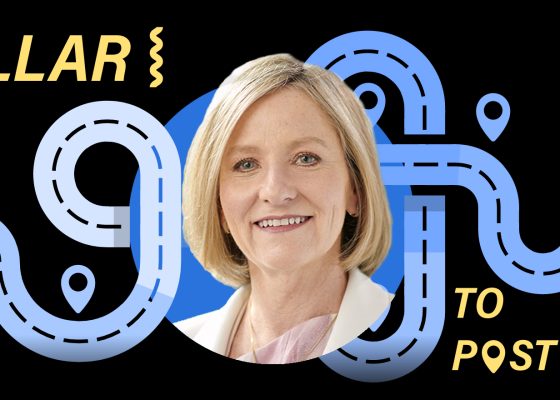The inaugural CEO of the Australian Digital Health Agency has quit his current gig at Beamtree to take on the role.
The inaugural CEO of the ADHA and long-time CEO of health AI and data analytics firm Beamtree, Tim Kelsey, has stepped away from the role to become the inaugural chair of Nabu.ai.
“Nabu is a brilliant innovation in digital health – a tool that will transform care coordination in and out of hospitals for patients, families and communities,” said Mr Kelsey.
“It is the missing link – empowering people to take control of their own health data and, together with their clinical professionals, make the best and safest care and wellbeing decisions.”
It’s a huge get for Nabu.ai, as Mr Kelsey joined Beamtree in December 2020 after a year as senior vice-president of HIMSS Analytics International.
He was the inaugural CEO of the Australian Digital Health Agency, staying for 3.5 years from 2016. During that time, he devised and co-founded the Global Digital Health Partnership, an international collaboration of more than 30 countries.
Mr Kelsey also had a 3.5 year stint as the national director for patients and information with NHS England, and he was executive director of transparency and open data for the UK Cabinet Office for a year in 2011-12.
His career started as a reporter for the Independent and the Independent on Sunday in the UK in the late 1980s.
“Having spent quality time with Tim discussing our product and mission in the earliest stage of our business, I have taken a lot from his experience as a founder, disruptor, an industry leader bringing extraordinary innovation to one of the most challenging sectors and, importantly, his passion for improving care,” said Nabu founder Steve Lewis.
“I am excited for the detail he brings to our vision and look forward to leading our team under that direction.”
Nabu “simplifies the management of medical records, appointments and communication, empowering both patients and providers to work together for a better care experience focused on outcomes”, says the company’s mission statement.
Big brains rewarded
Some of the biggest brains in the country have been honoured by the Australian Academy of Science in its annual awards.
Of the medical honourees, top of the pile was Professor Jane Visvader from the Walter and Eliza Hall Institute of Medical Research who was given the career award, the Ruby Payne-Scott Medal, for her research in the field of breast stem cell biology, defining how the breast develops, how errors in that development lead to breast cancer and how we might prevent or treat that cancer.
After discovering the stem cell at the root of breast tissue development, “we were able to ask what are the earliest cellular changes that occur in women that are high risk of developing breast cancer”, she said.
Professor Visvader’s research leadership has provided a series of important discoveries that underpin our current understanding of breast stem cell biology, including providing methodologies now used in research laboratories worldwide; defining the sensitivity of breast stem cells to ovarian hormones and their impact on the development of breast cancer; discovery of the cellular origin of BRCA1-associated breast cancer; and validation of a specific cell signalling pathway as a therapeutic target to prevent breast cancer in people carrying a BRCA1 mutation.
Related
“I’ve had the opportunity to supervise really talented postdocs and students in the lab over the last 20-25 years and they have gone on to successful independent careers as scientists,” said Professor Visvader.
“I hope [her career] serves as an inspiration for young early-career females to strive for the best and not to give up.”
Professor James Hudson from the QIMR Berghofer Medical Research Institute was the recipient of the Jacques Miller Medal for his impact in translational medical science, most notably stem cell and organoid research.
Associate Professor Amy Cain from Macquarie University was awarded the Gottschalk Medal for her research which bridges a key gap between finding promising drug targets in bacteria and developing potent new antibiotics. She is developing and applying new technologies to the most deadly hospital bacteria to build blueprints of how their genes adapt during treatment with existing antibiotics, revealing hidden weaknesses that can be targeted with new drugs. She has also established Australia’s first ‘Galleria Research Facility’, an ethical, high-throughput insect model. She uses this to screen drug effectiveness and toxicity, bringing promising new antibiotics closer to human use.
Associate Professor Shom Goel from the Peter MacCallum Cancer Centre also won the Gottschalk Medal for his work to identify and understand treatments that block cancer cell division, with a focus on breast cancer. He has designed novel therapeutic approaches for breast cancer and spearheaded the translation of his findings into the clinic. The encouraging results from initial trials have triggered him to initiate two global studies that could change breast cancer treatment paradigms within the next 12 months.
Professor Margarita Moreno-Betancur from the Murdoch Children’s Research Institute and the University of Melbourne received the Moran Medal for creating both new and improved biostatistical methods that enable novel and more accurate analyses of a wide range of data collected from people over time.
Dr Ira Deveson from the Garvan Institute of Medical Research was awarded the Ruth Stephens Gani Medal for his work leading the adoption of new technologies for long-read DNA sequencing in Australia, allowing us to resolve the most complex, repetitive regions of the human genome for the first time, and to reliably identify new classes of genetic variation that are difficult to identify with existing technologies.
The full list of AAS winners can be found here.
New NED at Alcidion
Former CEO of Alfred Health Professor Andrew Way has been appointed as a non-executive director of data interoperability provider Alcidion.
Professor Way has also held several senior positions within NHS England. He led the development of Monash Partners, Victoria’s first Academic Health Science Centre, and was appointed as an Adjunct Clinical Professor in the School of Public Health and Preventative Medicine at Monash University in 2015.
He holds several non-executive and advisory roles both in Australia and internationally, including chair of the Health Services Victoria board.
Neurizon makes three key appointments
ASX-listed clinical-stage biotech Neurizon Therapeutics has made three appointments to its leadership team.
Kathryn Williams, a seasoned regulatory affairs leader with over 20 years of experience and a proven track record securing Fast Track and orphan designations with the FDA, EMA, and TGA, has been made chief regulatory officer.
Dr Jeffrey M Brown has been named as chief scientific advisor. He has deep scientific understanding in neuropsychiatric and neurodegenerative diseases, advancing multiple programs from discovery through IND-enabling studies in pain, neuropsychiatry, and Huntington’s diseases currently in clinical trials.
Dr Chris Freitag, who has held senior roles at Roche, Shire, BTG, and Debiopharm, has been appointed as chief medical advisor.




